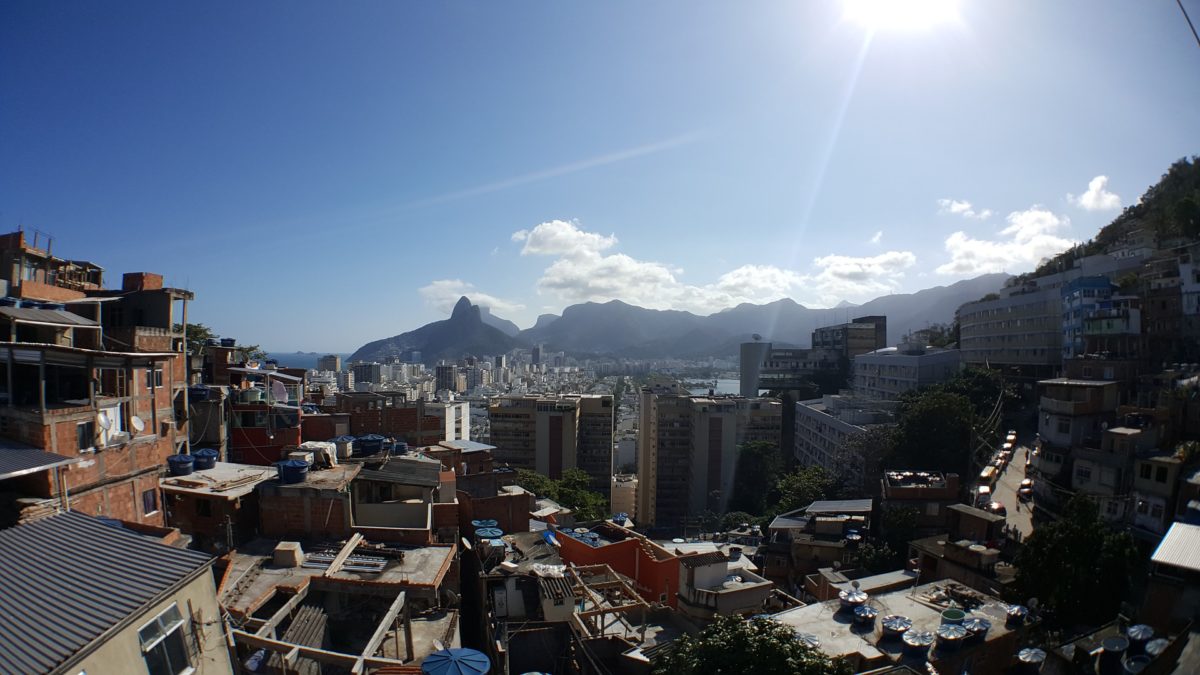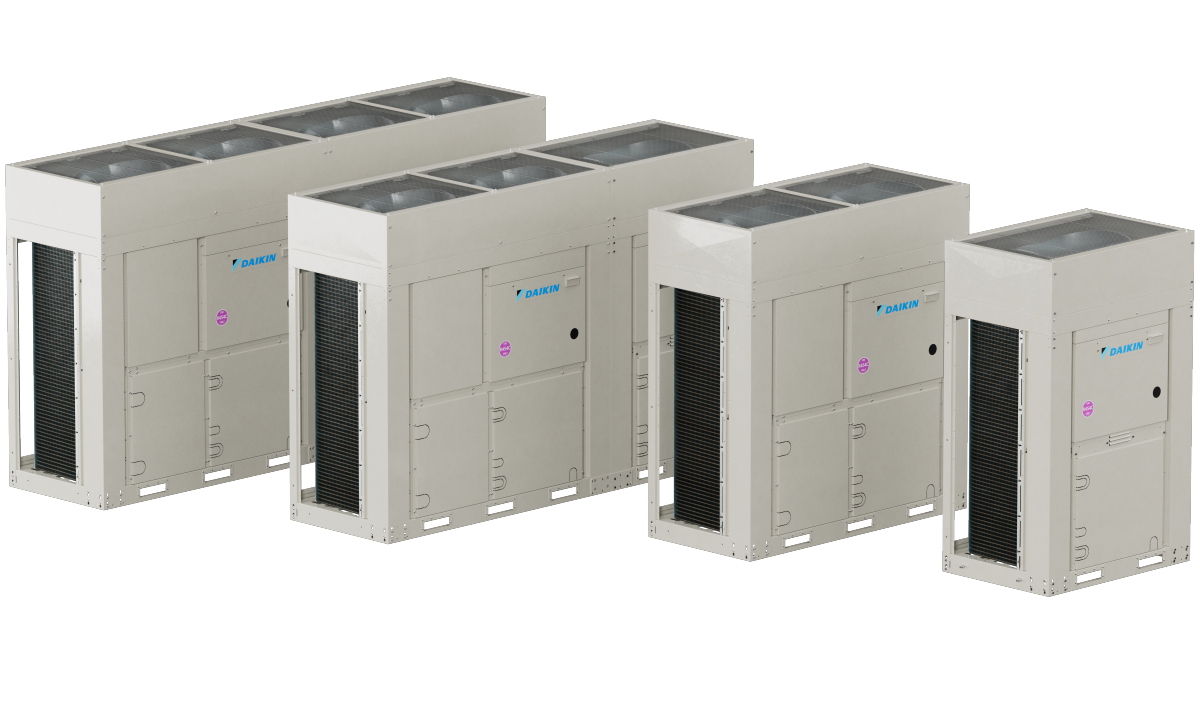The prices of rooftop and other distributed generation PV projects continued to retreat in Brazil from January to June according to a report produced by Brazilian consultancy Greener.
In the first half of the year, the total deployed capacity of PV projects up to 5 MW in size was 366.2 MW. That was enough to bring cumulative distributed generation (DG) capacity to 954.6 MW at the end of June and almost matched the 393.5 MW of small scale solar capacity added in the whole of last year.
The leading DG solar states remain Minas Gerais, Rio Grande do Sul and Sao Paulo.
Module and inverter imports keep growing
The report noted 1,267 MW of PV panel capacity was shipped to Brazil in the first half – a rise of 24% on the volume arriving during the same period of last year – and stated quarterly imports were much larger in the second three-month window, when they accounted for 762 MW.
Polycrystalline modules still represent 69% of panel imports, followed by poly PERC modules, with a 14% share, and mono PERC and standard mono modules, with shares of 11% and 6%, respectively.
Greener reported 154% growth in inverter imports, from 412 MW in the first half of last year to 1,069 MW in the same period of 2019. The analysts stated the strong increase was mainly attributable to the distributed generation segment which last year consumed a higher proportion of Brazilian-made inverters.
PV system prices keep falling
The report added, cost reduction in the distributed generation segment remained constant as average prices fell another 8.9% during the first half.
The average cost of a 4 kW project, for example, fell from BRL5.23 ($1.30)/Wp in January to BRL5/Wp in June, with BRL1.89/Wp representing the price of the solar system and the remaining BRL3.11 accounting for installation costs.
For a 50 kW system, the price fell from BRL4.05/Wp, to BRL3.66, while for a 1 MW installation, the bill reduced from BRL3.62/Wp, to BRL3.26.
The Brazilian government is supporting distributed generation through Convention 16/15 (Convenio ICMS 16/2015), which exempts the owners of solar systems with a generation capacity of up to 1 MW from paying the ICMS state sales tax under a net metering regime open to projects no larger than 5 MW.
National electricity regulator ANEEL is aiming to bring 886,723 solar systems under net metering rules by 2024.
Quality Roundtable South America - Tuesday 27 August
Developing a practical pathway to successful solar projects,toachieve the extensive solar power potential in the region.
Be part of the conversation, as we discuss how the 2 GW of solar projects under development (for which bilateral PPAs may be signed), can be achieved whilst assuring quality for utility scale solar projects.
This content is protected by copyright and may not be reused. If you want to cooperate with us and would like to reuse some of our content, please contact: editors@pv-magazine.com.




By submitting this form you agree to pv magazine using your data for the purposes of publishing your comment.
Your personal data will only be disclosed or otherwise transmitted to third parties for the purposes of spam filtering or if this is necessary for technical maintenance of the website. Any other transfer to third parties will not take place unless this is justified on the basis of applicable data protection regulations or if pv magazine is legally obliged to do so.
You may revoke this consent at any time with effect for the future, in which case your personal data will be deleted immediately. Otherwise, your data will be deleted if pv magazine has processed your request or the purpose of data storage is fulfilled.
Further information on data privacy can be found in our Data Protection Policy.